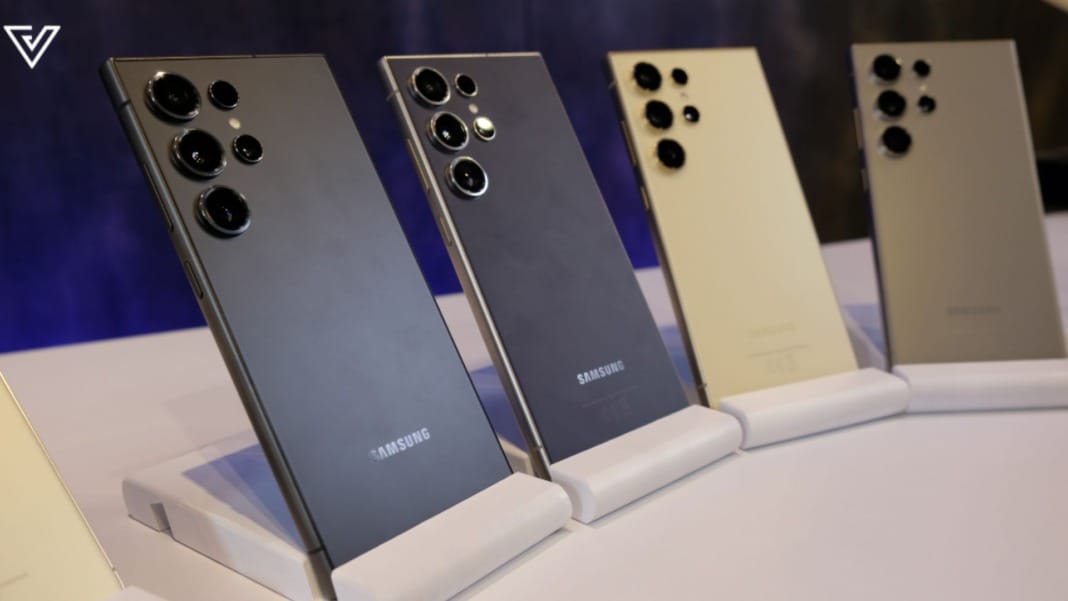Samsung is exploring ways to improve battery life in its flagship Galaxy S smartphones, but it is approaching the change carefully.
According to The Financial News, a South Korean financial publication, Samsung is investigating the use of silicon-carbon batteries in its next-generation Galaxy S26 series. This type of battery has been used in some premium Chinese Android smartphones, offering a higher energy density than traditional lithium-ion batteries.
One example of this technology is the Honor Magic5 Pro, launched in 2023. Honor claimed that its silicon-carbon battery provided 12.8% more energy density while using the same physical space as a conventional battery. Although silicon-carbon batteries are still a form of lithium-ion technology, they differ crucially. Instead of using graphite for the anode, they incorporate silicon carbon, which allows for a higher energy capacity. However, this shift comes with drawbacks.
Trade-offs with silicon-carbon batteries
While silicon-carbon batteries can store more energy, they may also have a shorter cycle life. This means they could wear out more quickly compared to traditional lithium-ion batteries. The cycle life refers to the number of times a battery can be charged and discharged before it becomes ineffective. This issue is a key factor in Samsung’s cautious approach to adopting the new battery technology.
The Financial News report suggests that, if implemented, this battery upgrade could increase the capacity of the Galaxy S26 series to between 6,000mAh and 7,000mAh. The current Galaxy S25 series features a 4,900mAh battery in the Galaxy S25 and Galaxy S25+, while the Galaxy S25 Ultra has a 5,000mAh battery. The potential jump in capacity could significantly improve battery life, making the devices more efficient for daily use.
Samsung remains cautious
Samsung researchers are well aware of the challenges associated with silicon-carbon batteries. The Financial News quoted a Samsung Electronics spokesperson (in Korean) stating that the company is still working on improving the lifespan of these batteries. As a result, there is no certainty that the technology will make its way into the Galaxy S26 series. Samsung is taking a measured approach, ensuring that any advancements will not compromise the long-term performance of its devices.
If the company can successfully address the cycle life issue, adopting silicon-carbon batteries could lead to a major leap forward in battery performance. However, until an official announcement is made, whether Samsung will take this step in its upcoming flagship smartphones remains uncertain.





